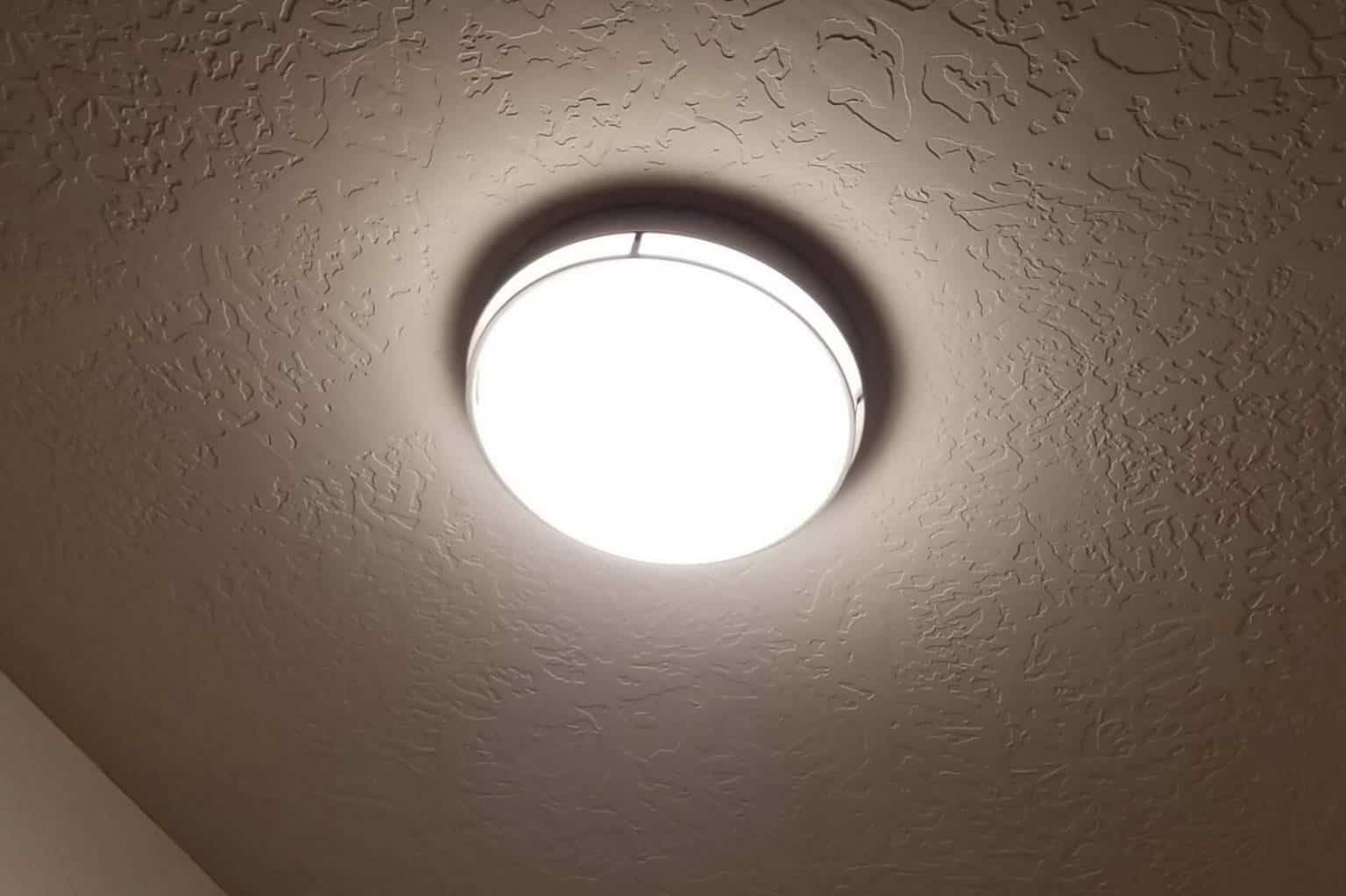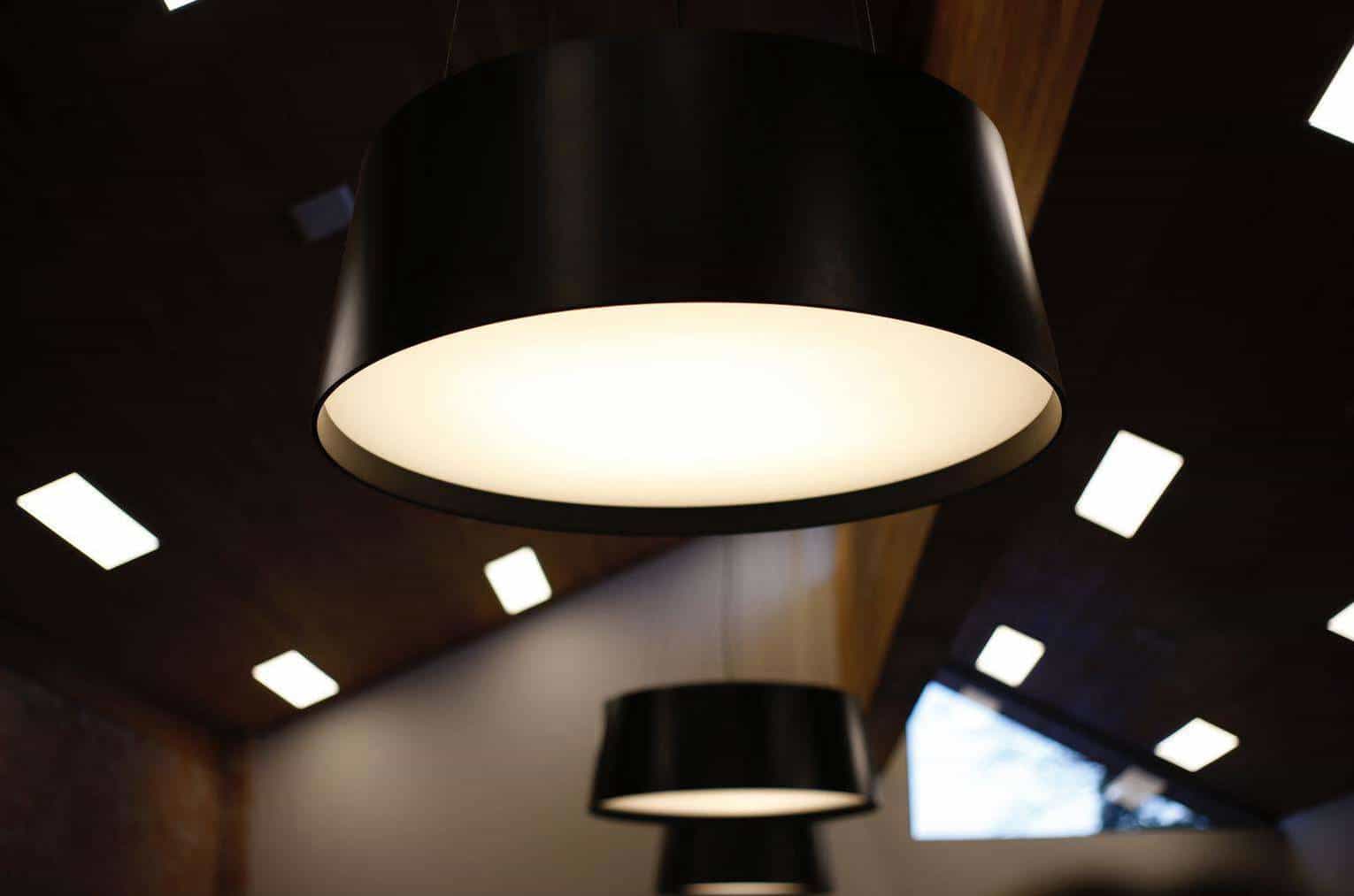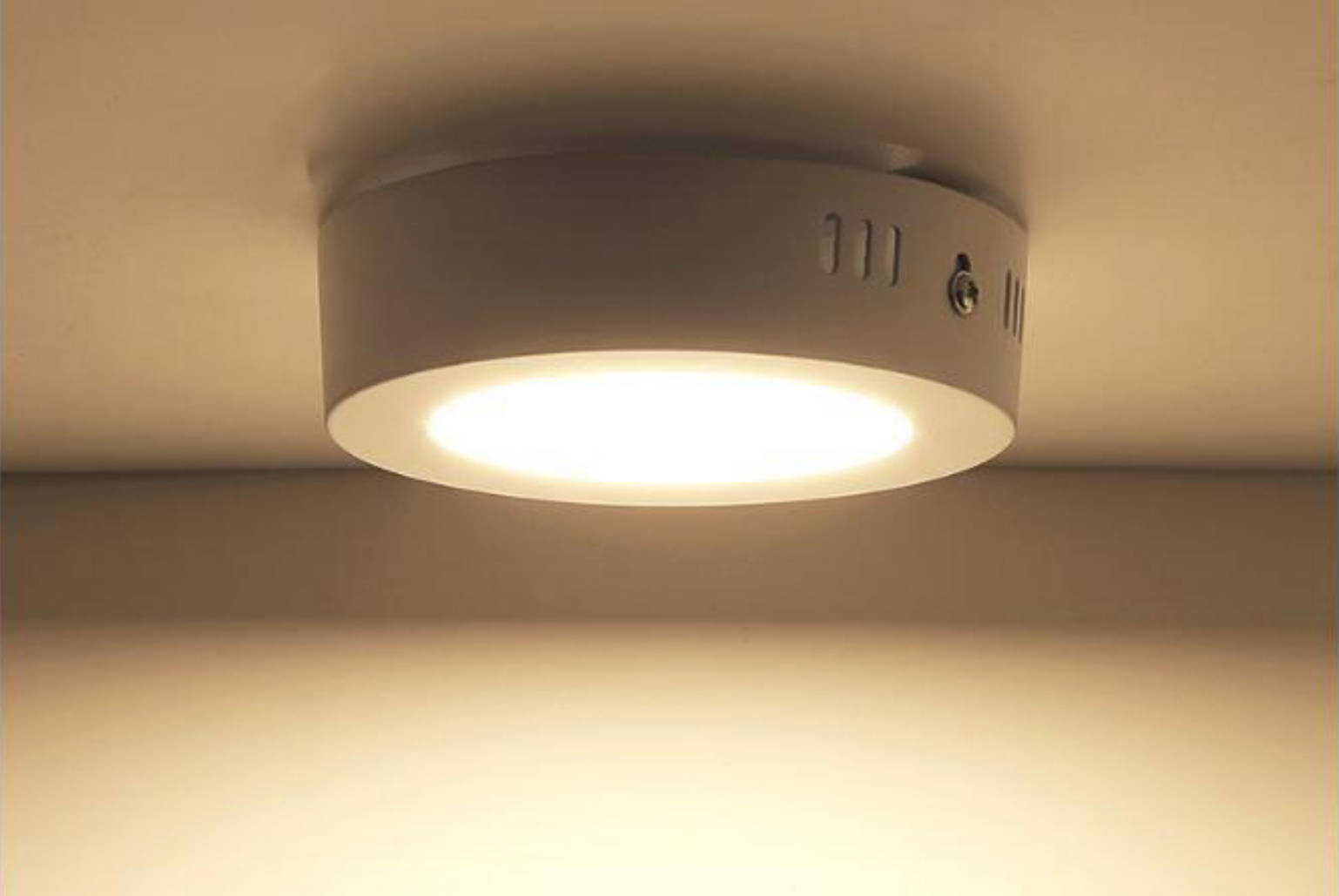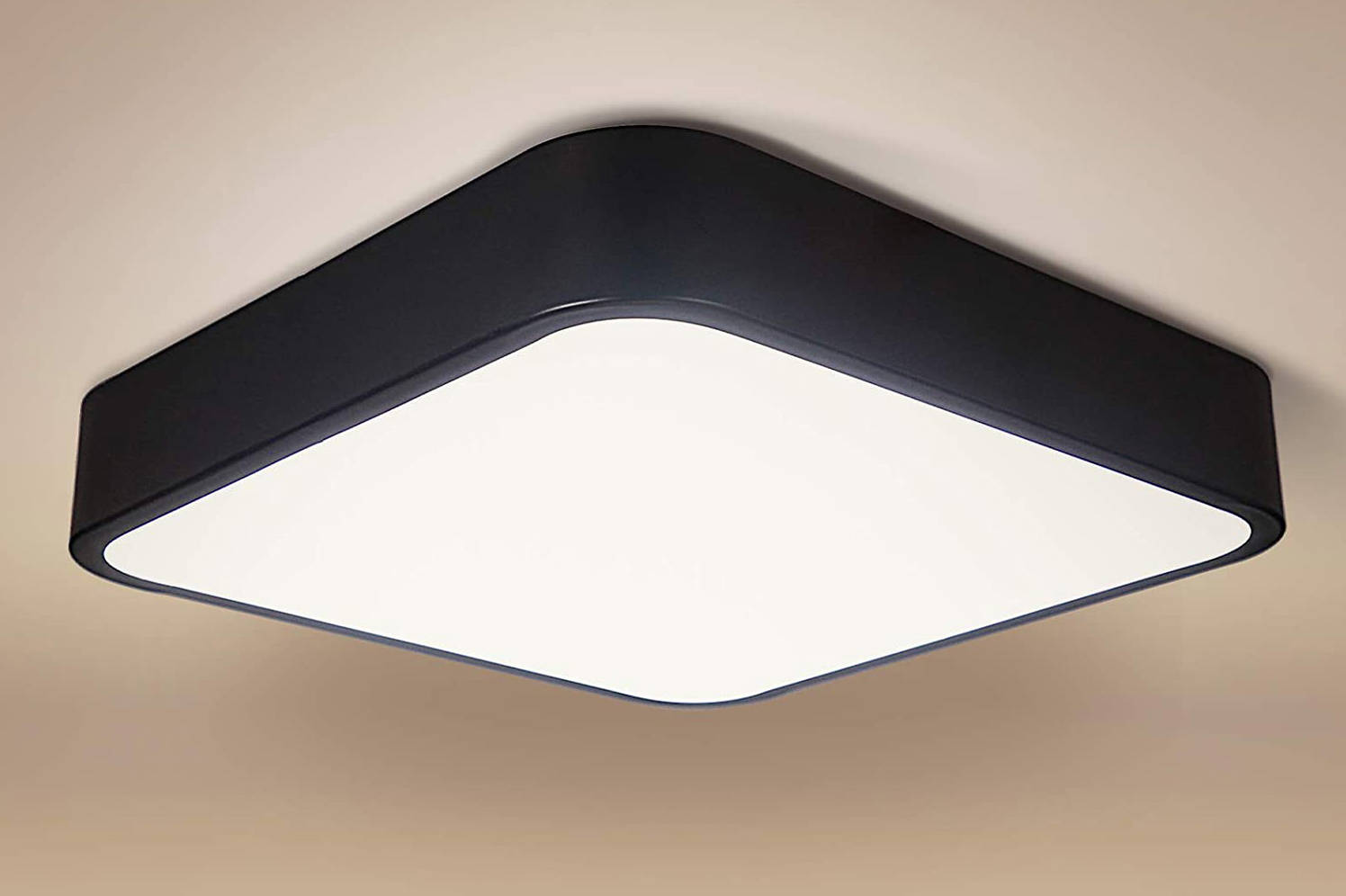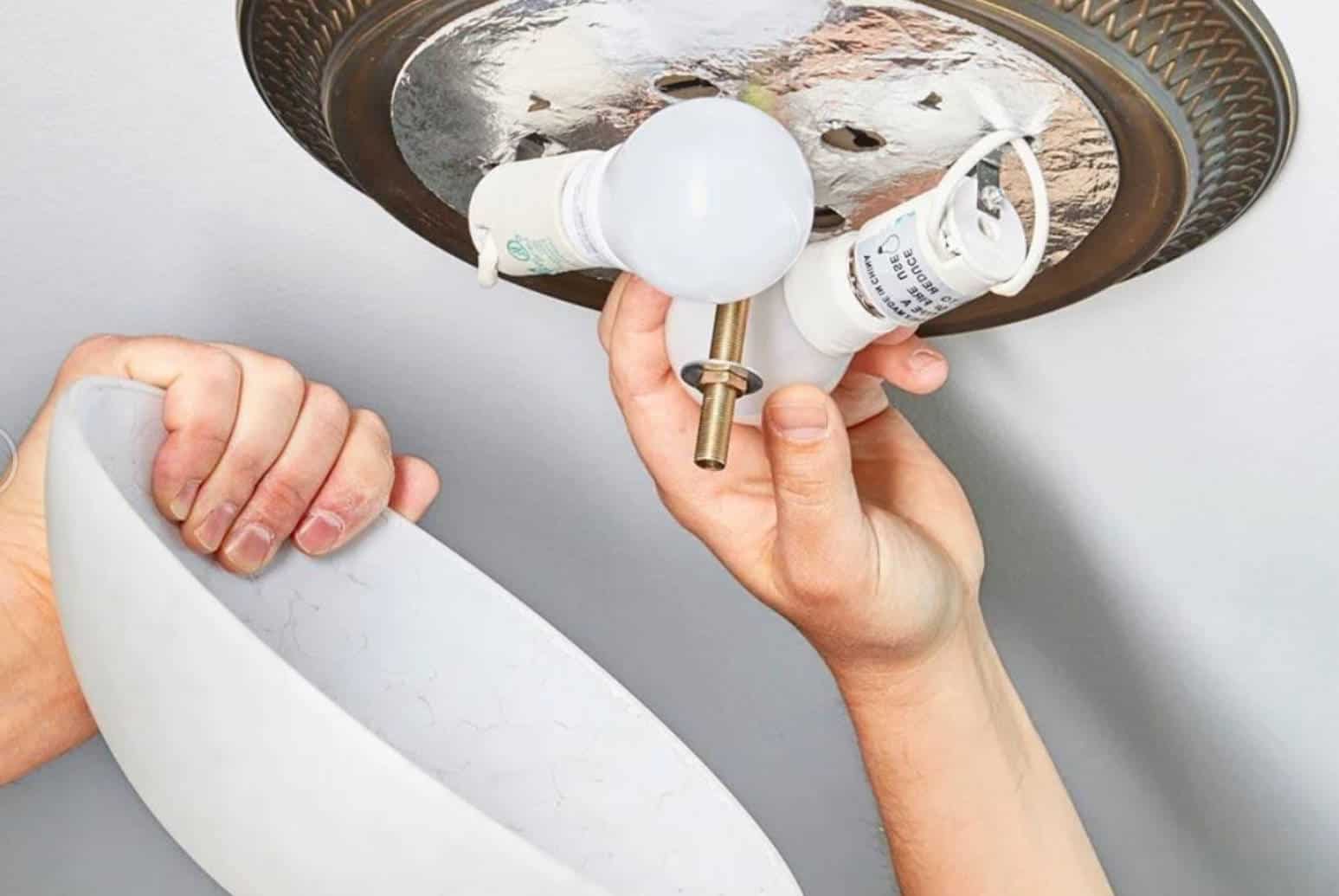LED lights have been around for some time already. However, it is still one of the raves in the lighting system world today.
With that, you might be thinking of making the switch. However, you might be worried about your fixtures, your enclosed ones to be exact. So, you might be asking a question right now.
Can you use LED bulbs in enclosed fixtures? Well, let’s find out!
Can You Use LED Bulbs in Enclosed Fixtures?
Well, the answer is not that simple. It is not a simple yes or no. There are LED light bulbs you should use in enclosed fixtures, while there are those that you shouldn’t.
We will expound on this matter and many more in the following portions. For now, let’s discuss how you will know which ones you should and shouldn’t use for these fixtures.
How Would I Know What LED Light Bulb to Use?
Right now, you might be thinking that mixing up LED lights and enclosed fixtures might be a tricky business.
Well, you don’t have to worry. Figuring out what LED light bulbs you should and should not use is not difficult.
As LEDs have slowly but surely made their mark in the lighting system world, manufacturers have noted some of the common concerns with these lights. One of those concerns is this question.
With that, you can now find lots of LED light bulbs carrying warnings or marked for enclosed fixtures. As you can see, you don’t have to get into the details. All you’ll have to do is look at the packaging!
If the LED light bulbs you are eyeing don’t have any specific warning, you can try asking the people at the store if you’re buying in person. On the other hand, you might want to ask customer service.
Don’t assume one or the other if nothing is on the product description. If you can’t find a proper label and can’t get a hold of anyone, it might be best to look for another option.
LED Bulbs Marked for Enclosed Fixtures
As we’ve said above, manufacturers have slowly but surely come to know consumers’ concerns with LED lights, with enclosed fixtures being one of these concerns.
As you might expect, they found a solution to this problem in time. Hence, the creation of LED light bulbs for enclosed fixtures (and the mark stating this fact), which you can say is an upgrade from the regular LED lights.
LED bulbs marked for enclosed fixtures usually carry a label saying: enclosed fixture-rated LED light bulb. It simply means that it is safe to use for enclosed fixtures. An LED light bulb that has this mark is one that you can use for these fixtures without any worries.
Also, as you might have already noticed, we haven’t been saying that there are LED lights that you can and cannot use. We’ve been saying that there are LED lights that you should and should not use for enclosed fixtures.
That is because, as you will see later, you can also use regular LED lights for enclosed fixtures. However, it is not advisable.
We will talk more about that in a bit. However, to better understand this point, let’s clarify what enclosed fixtures are first.
What is an Enclosed Fixture?
Let’s backtrack a bit. Let’s discuss what an enclosed fixture is. While we’re at it, let’s talk about why it can’t accommodate a regular LED light bulb too.
An enclosed fixture is one that does not allow for proper air ventilation. These fixtures have a tight seal around the bulb, which, in turn, doesn’t permit anything to come in or come out. A good example would be a recessed fixture.
Why is Using Regular LED Light Bulbs for Enclosed Fixtures Not Recommended?
Enclosed fixtures are great for many things. For one, it can protect the bulb from dust and moisture. However, you can say that its strength is also its greatest weakness if it’s LED light bulbs we are talking about here.
Why is that? One word: heat. As you might already know, LED lights are sensitive to heat.
While an enclosed fixture will keep the bad things out, it will not let the bad things out as well. It will not allow the heat to go out, and as we’ve said, heat and LED lights don’t work so well together.
For a regular LED light bulb to perform its best, it needs to let this heat out somewhere, which is why it is better suited for open fixtures.
While LED lights are not known to heat up as much as other light bulbs, they still heat up somehow. Not enough to burn you, though. So, if you want, you can try touching your LED light to test this notion.
Again, regular LED lights are not the best match for enclosed fixtures because of the two’s built. LED lights produce some heat, and enclosed fixtures don’t allow this heat to go out. In turn, the heat stays there and goes to the bulb, which, in turn, decreases its effectivity.
Now, let’s go back to a topic we opened earlier. We said it is also possible to use regular LED lights for enclosed fixtures. However, if you remember, we said it is also not advisable.
Well, regular LED lights will work with enclosed fixtures too. However, since they are not specifically for this fixture, you will see problems. First and foremost, you can’t expect your regular LED light to last as long as it should if you do this.
While you might get away with the other glitches, you can’t avoid this problem. Other problems you might experience if you use a regular LED light with an enclosed fixture are flickering or even smoking.
Can I Use LED Bulbs Rated for Enclosed Fixtures for Open Fixtures?
Okay, you might be thinking of making the switch to LED light bulbs. However, upon closer inspection, you might have found out that not all of your fixtures are enclosed.
Does that mean you have to count how many regular and marked LED light bulbs to get? Well, not necessarily!
You can use these LED bulbs even for fixtures that are not, well, enclosed. So, if you’re not familiar with the different fixtures and you want to tick one worry off of your list, you might want to always opt for these LED bulbs.
The Debate
Now, let’s talk about the debate. Some might advise you to stay away and avoid LED lights for enclosed fixtures entirely. This suggestion might stand back in the first years of LEDs in the lighting system world.
However, as you’ve seen today, the times have changed. There are now LED lights that are completely safe for enclosed fixtures.
If you don’t want to worry about flickerings and such, you only need to get an LED bulb for these fixtures to have a worry-free lighting system in your home!
Other Concerns with LED Lights and Enclosed Fixtures
You now hopefully know more about LED lights and enclosed fixtures. However, allow us to share a few more things before letting you go.
Should You Make the Switch?
If you have some enclosed fixtures, you might be wondering if making the switch is a good idea. There might be many LED bulbs for these fixtures on the market, but they’re not the easiest to find or cheapest lights on the list.
However, we do believe that making the switch is a great idea! Compared to other lighting systems, LED lights offer more benefits.
With that, you might want to check out our discussion on the benefits LED lights offer. To give you an idea, though, LED can help you save resources (e.g., energy and money).
Installing LED Lights
There are many types of LED lights out there. They are all pretty easy to install. However, their installation is often different from the traditional lighting systems.
If this is the first time you’re installing LED lights, you might want to ensure you’re well-acquainted with the steps.
Additionally, if you’re making the switch, there would most likely be an additional step. You would most likely have to remove some parts (e.g., ballast) as LED light bulbs don’t use these parts.
Follow the safety protocol, and proceed with caution when installing LED or any light, at that.
Summary
Can you use LED bulbs in enclosed fixtures? As you have seen, the answer is not that simple. You can use any LED light bulb for these fixtures. However, not every bulb is advisable to use.
There are LED lights that should and should not be used for these fixtures. If you want to opt for an LED light bulb for an enclosed fixture, you want to go and look for one rated for these fixtures.
We hope we were able to help you with this LED concern. If you have any other questions like this one, feel free to check out our other bright idea! You don’t have to be in the dark! So, we’ll see you around then?
